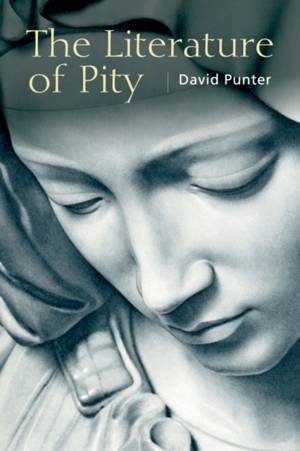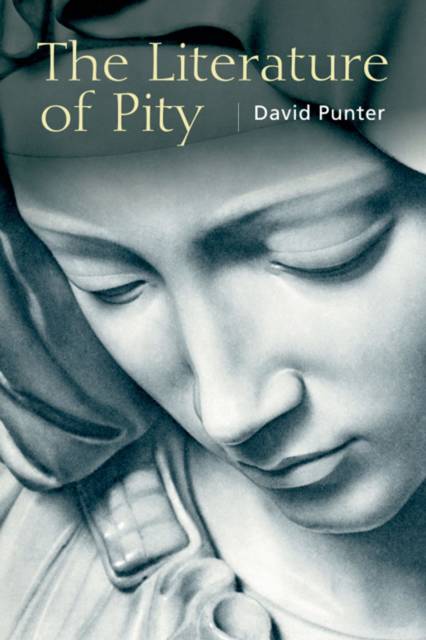
- Afhalen na 1 uur in een winkel met voorraad
- Gratis thuislevering in België vanaf € 30
- Ruim aanbod met 7 miljoen producten
- Afhalen na 1 uur in een winkel met voorraad
- Gratis thuislevering in België vanaf € 30
- Ruim aanbod met 7 miljoen producten
Zoeken
Omschrijving
Pity represents a combination of fear, helplessness and overwhelming agitation. It is a term which suffuses our everyday lives; it is also a dangerous term hovering between approval of sympathy and disapproval of emotional wallowing (as in 'self-pity'). This book traces an entire history of pity, as an emotion and as an element in the arts, engaging as it does so with a wealth of theoretical ideas including Freud, Derrida, Levinas and others. It begins with an 'Introduction: Distinguishing Pity', followed by chapters on the Aristotelian framework; Buddhism and pity; the pieta in the Middle Ages and Renaissance; Shakespeare on pity; Milton's pitiless Christianity; pity and charity in the early novel; Blake's views on pity; the Victorian debate, from Austen to Dickens and George Eliot; Brecht and Chekhov on pity and self-pity; 'war, and the pity of war'; Jean Rhys and Stevie Smith; pity, immigration and the colony; and finally three contemporary texts by Michel Faber, Kazuo Ishiguro and Cormac McCarthy.Features* Original treatment of the concept of pity providing detailed textual criticism and speculative argument* Wide-ranging: running from ancient Greek theory to the present day* Covers a wide variety of texts, including fiction, poetry and drama* Engages with the most recent theoretical debates about literature and the emotions
Specificaties
Betrokkenen
- Auteur(s):
- Uitgeverij:
Inhoud
- Aantal bladzijden:
- 256
- Taal:
- Engels
Eigenschappen
- Productcode (EAN):
- 9780748639496
- Verschijningsdatum:
- 17/03/2014
- Uitvoering:
- Hardcover
- Formaat:
- Genaaid
- Afmetingen:
- 152 mm x 236 mm
- Gewicht:
- 566 g

Alleen bij Standaard Boekhandel
+ 281 punten op je klantenkaart van Standaard Boekhandel
Beoordelingen
We publiceren alleen reviews die voldoen aan de voorwaarden voor reviews. Bekijk onze voorwaarden voor reviews.











